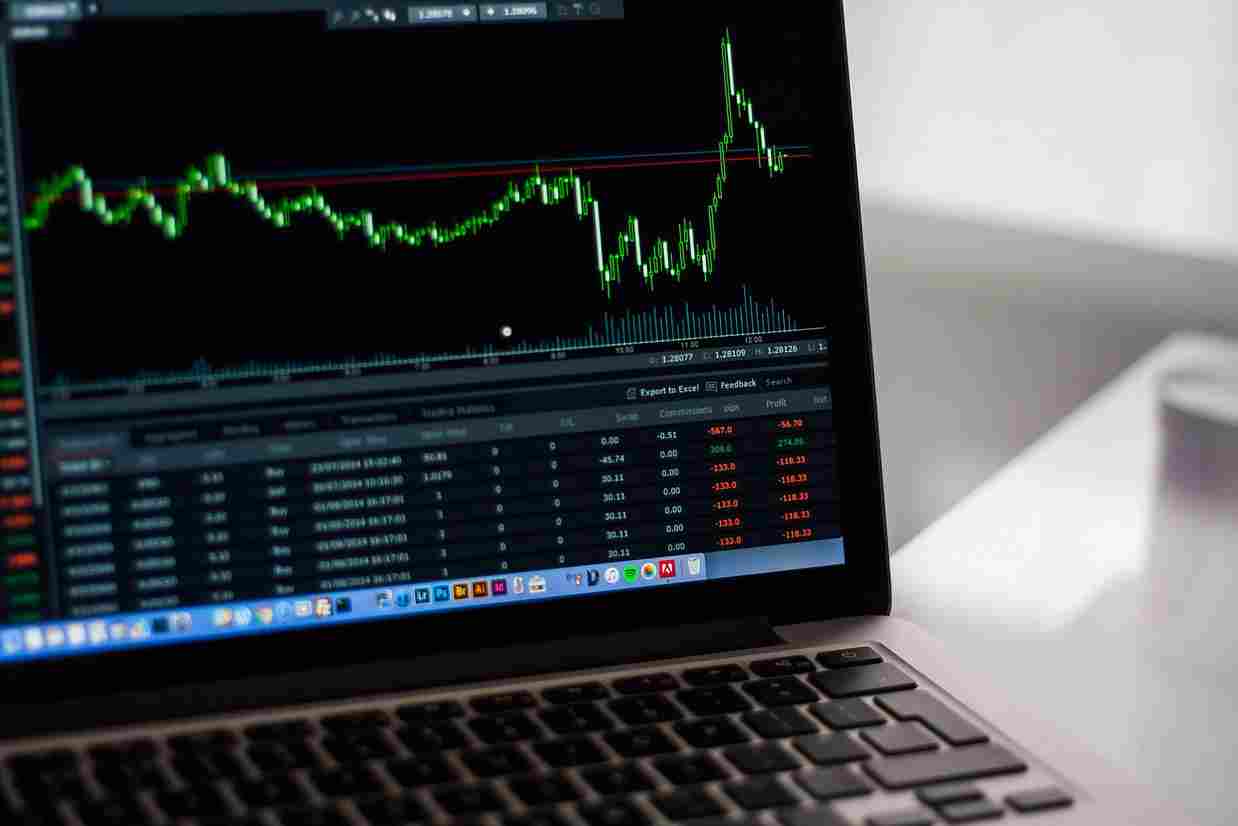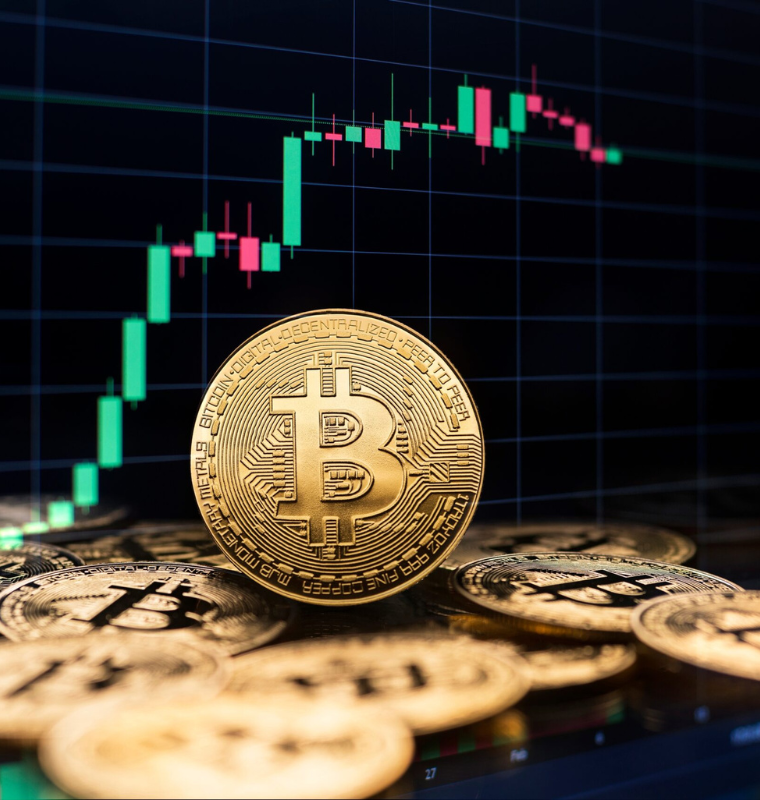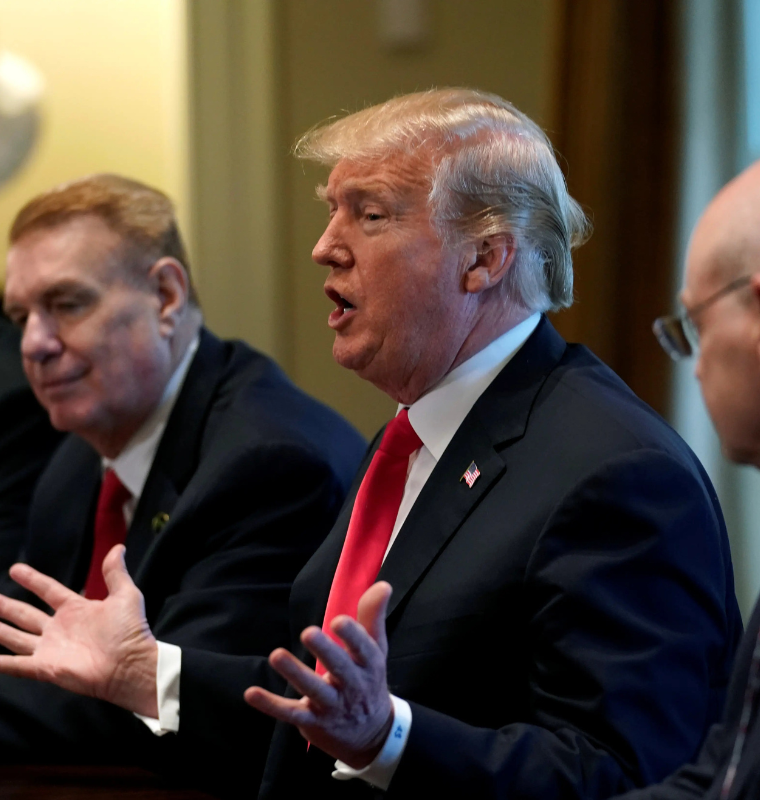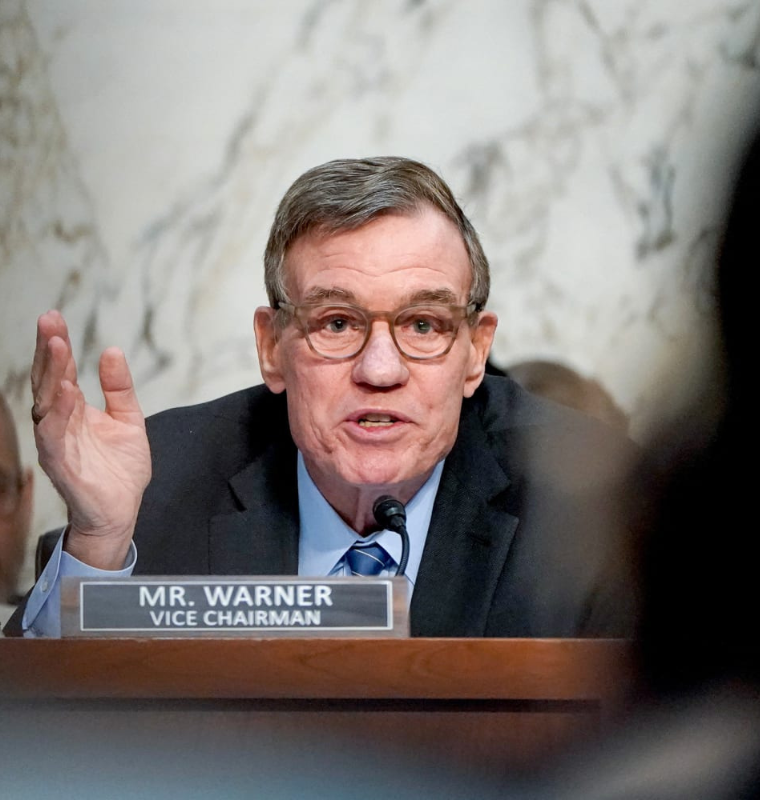Global Financial Markets Brace for Bank Earnings and Tariff Tensions
Global Financial Markets Brace for Bank Earnings and Tariff Tensions
By
Rachel Steinberg
Last updated:
July 21, 2025
First Published:
August 6, 2025

Photo: Mitrade
A Critical Week for Europe: Bank Earnings, ECB Policy, and Tariff Uncertainty
As global investors scan the horizon for signs of market direction, the week ahead is loaded with high-stakes events — from European bank earnings to a pivotal European Central Bank (ECB) decision — all under the looming cloud of a potential 30% U.S. tariff on EU goods.
Financial giants like Unicredit, Deutsche Bank, BNP Paribas, Lloyds Banking Group, and NatWest will headline the earnings calendar. Meanwhile, the ECB is expected to keep interest rates steady at 2%, but rising inflation and geopolitical headwinds may test policymakers’ resolve.
European Banking Sector in the Spotlight
This quarter, European bank stocks have outperformed broader sectors like luxury and energy, with Stoxx 600 EPS growth expected to turn positive year-over-year, according to Citi. Analysts say the resilience of the financial sector has been a key pillar for European equity optimism.
Unicredit Leads the Pack
Unicredit will report on Wednesday. CEO Andrea Orcel, fresh off a strong run with shares up over 50% year-to-date, faces pressure to maintain focus on performance amid scrutiny over M&A moves. The Italian court recently blocked its advance toward Banco BPM, introducing uncertainty into its expansion strategy — even as it raised its stake in Commerzbank to 20%.
Deutsche Bank Eyes Momentum
On Thursday, Deutsche Bank will release earnings following its best profit in 14 years last quarter. The German lender benefited from a surge in market trading during recent volatility. CEO Christian Sewing is also doubling down on defense sector investment, positioning Deutsche as a strategic player amid shifting European priorities.
BNP Paribas Balances Growth and Guidance
Also reporting Thursday, BNP Paribas — the largest eurozone bank by assets — crushed expectations last quarter, particularly in investment banking. However, it lowered its long-term profitability target, citing market uncertainties and rising cost pressures.
ECB Rate Decision: Hold Now, But Eyes on August
The European Central Bank will meet Thursday, and markets overwhelmingly expect it to keep interest rates steady at 2%. President Christine Lagarde is seen as taking a “wait and watch” stance, given the lack of immediate inflation panic and summer slowdown in market activity.
However, there’s an elephant in the room — President Trump’s threatened 30% tariffs on EU goods, set to take effect August 1.
“If Trump pushes ahead with the tariffs, the ECB may be forced to cut rates later this year,” said an ECB official, speaking anonymously to Reuters.
Any concrete tariff move would add direct cost pressures and weigh on consumer sentiment, potentially changing the ECB’s course in September when it reconvenes after the summer break.
Inflation Concerns Grow Despite Rate Pause
Despite the pause in rate hikes, Deutsche Bank warns that markets are underestimating the persistence of inflation. Their macro strategists suggest there's “remarkable complacency” in both equities and fixed income, with tariff effects still not fully priced in.
“If there’s no tariff resolution by August 1, we could see a sharp reaction across markets,” said Deutsche’s senior economist on CNBC’s Squawk Box Europe.
Consumer price inflation in the eurozone remains above 2.5%, stubbornly higher than the ECB’s target, with energy and food costs particularly vulnerable to global supply chain pressures — and now tariffs.
Investor Takeaway
As the ECB holds the line, investors will watch bank earnings for signals on loan demand, deposit growth, and credit risk. But the wildcard remains U.S.-EU trade tensions, which could flip the script on both macro policy and corporate performance.
With the next ECB meeting set for September 11, this week’s developments — both in the boardroom and in Washington — may determine whether markets cruise through summer or face renewed turbulence.
Popular articles
Subscribe to unlock premium content
Disney’s Timeless Magic and How the Entertainment Giant Continues to Shape Culture and Innovation

Imran Khan’s Economic Missteps Amid Political Chaos in Pakistan

The Philippines’ Digital Shift How Remittances and BPO Are Fueling Growth

Disney’s Timeless Magic and How the Entertainment Giant Continues to Shape Culture and Innovation

Imran Khan’s Economic Missteps Amid Political Chaos in Pakistan

Disney’s Timeless Magic and How the Entertainment Giant Continues to Shape Culture and Innovation









